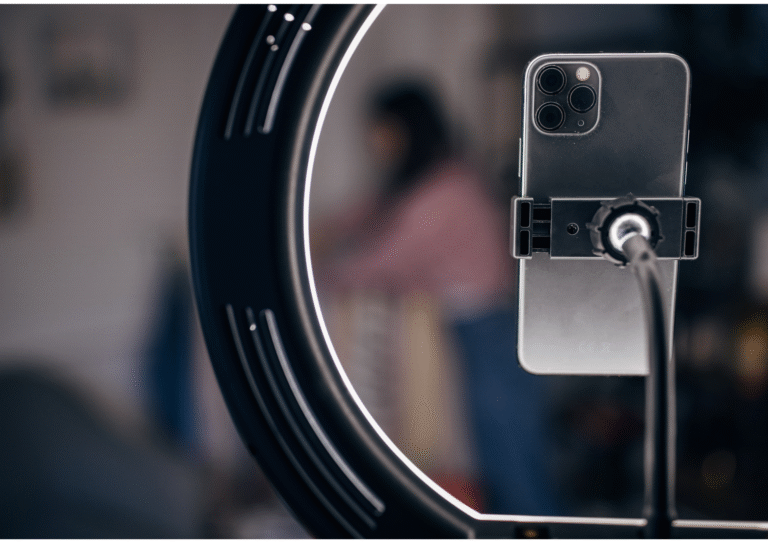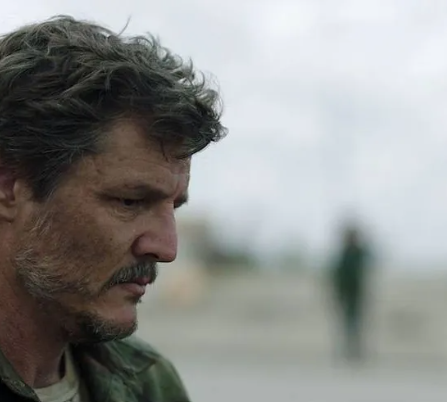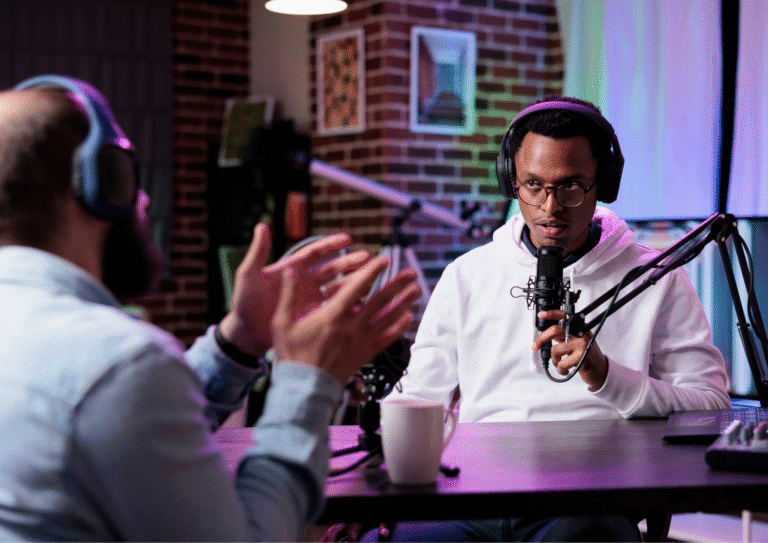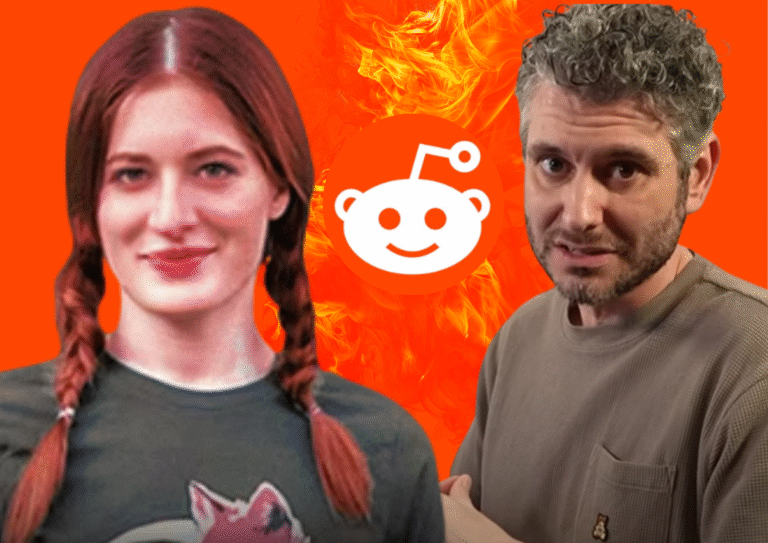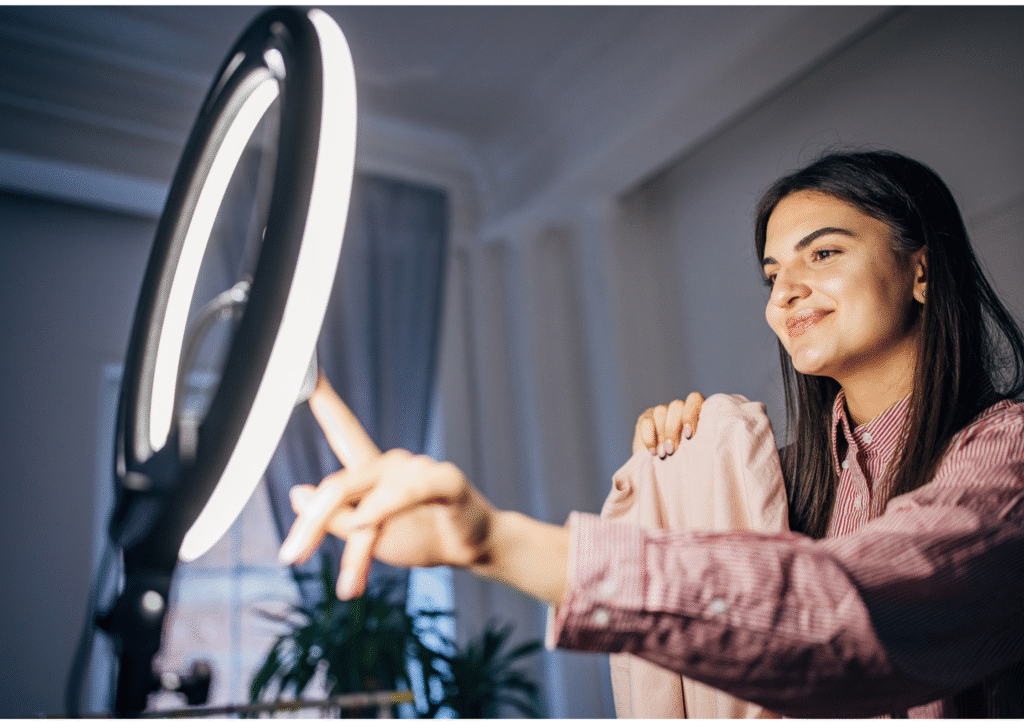
Are you constantly frustrated by the inconsistencies of cancel culture? Ever wondered why a seasoned YouTuber with years of content can seemingly weather a major scandal, yet a rising viral star disappears overnight for an almost identical offense? If you’ve ever felt the system is wildly inconsistent, you’re not alone. This deep dive will illuminate the underlying dynamics at play, helping you understand why….and, more importantly, pinpointing what’s truly shaping our reactions in the digital age.
Why This Discussion Matters More Than You Think
Influencer scandals, at their core, are not merely about mistakes or missteps. Rather, they serve as potent windows into how we, as a collective audience, judge, belong, and emotionally invest in online personalities. Crucially, when the same slip-up yields vastly different outcomes, one person swiftly “canceled” while another receives a pass, it starkly exposes how much our forgiveness is contingent on who the individual is, not solely what they did. This pervasive inconsistency merits closer examination.
The Opposing View: Why Accountability Is Valid
Of course, many staunchly defend cancel culture as a vital mechanism for holding powerful individuals accountable, particularly in an era where mainstream media outlets often overlook the voices and experiences of marginalized communities. Accountability, without a doubt, is absolutely paramount and a necessary component of a just society.
However, the more pressing issue, as we will explore, isn’t whether we cancel, but why we sometimes extend a surprising amount of grace to some, while condemning others. Ultimately, fairness and consistency in these judgments are too often overshadowed by inherent biases, both conscious and unconscious.
What Drives Forgiveness: Key Factors at Play
Let’s unpack the critical elements that frequently tip the scales towards forgiveness:
1. Parasocial Bonds & Emotional Connection: The Unseen Thread
When you’ve followed someone’s journey for years, watching their vlogs, engaging with their content, and witnessing their growth, they subtly but surely become an intrinsic part of your digital life. Consequently, research consistently demonstrates that stronger parasocial relationships directly correlate with increased forgiveness, even when the offense committed is more severe (IJIRSS, Wikipedia). Viewers, therefore, often perceive a long-term creator’s mistakes as fundamentally human and relatable, rather than maliciously calculated. This deep-seated emotional investment creates a powerful buffer.
2. Timing & Context Matter: The Apology’s Art
Furthermore, the precise timing and nuanced context of an apology can dramatically, even entirely, alter public perception. An apology offered too quickly, for instance, can feel disingenuous or merely reactive, whereas one delayed too long risks appearing opportunistic or forced. Viewers, in essence, expect a “Goldilocks” balance: genuine reflection without undue delay, and sincere remorse devoid of any perceptible PR spin. The art of a truly effective apology is delicate, indeed.
3. Media Control & Platform Value: The Power of the Machine
Moreover, creators with significant institutional backing, lucrative brand deals, or exceptionally high engagement metrics frequently receive a considerably longer leash. Their scandals, for example, are often met with professionally produced statements, carefully managed redemption arcs, and strategic media campaigns. In stark contrast, micro-influencers, lacking such formidable support systems, may receive zero public benefit of the doubt, often fading into obscurity with a single misstep. This disparity highlights the influence of external power structures.
4. The Power of Professional Status: Reputational Insurance
So, why does a veteran YouTuber so often survive where a newcomer doesn’t? Ultimately, professional status acts as a powerful form of reputational insurance. Seasoned creators, by virtue of their longevity, have meticulously built a vast reservoir of goodwill through years of consistent engagement and content delivery. This extensive history makes their errors feel like regrettable exceptions to an otherwise positive track record. Consequently, audiences often instinctively rise to defend someone they feel they’ve genuinely “grown alongside.”
As Dr. Rachel Kowert, a respected research psychologist, eloquently states:
“When someone has a long-term parasocial bond with a creator, people defend them, not abandon them.” “We don’t just follow them, we’ve grown up with them. Their mistakes feel human, not calculated.”
Conversely, new or viral creators, unfortunately, lack this crucial buffer. Their audience, by its very nature, is often transient and less deeply invested. One significant misstep, and suddenly, there’s no pre-existing emotional attachment or shared history to shield them from public ire. Ultimately, this makes them far more replaceable within the ever-evolving social media ecosystem.
Further complicating this dynamic is the potent concept of “platform value.” Influencers who consistently deliver exceptional metrics—whether it’s unparalleled engagement, staggering watch time, or impressive sales figures—are often perceived as simply too valuable to remove from the platform. As a result, key stakeholders, including platforms and brands, may be significantly slower to publicly “cancel” them, even after similar or even identical violations have occurred.
This leads us to an uncomfortable, yet vital, question:
Are we, the audience, truly forgiving these creators—or are we, perhaps inadvertently, safeguarding the immense value they bring to the platforms and industries that profit from them?
This deep dive into why we forgive some influencers and cancel others underscores a critical point: influence extends far beyond mere fame. Rather, it encompasses the profound power to shape public perception, manage narratives, and, most significantly, control collective memory.
Why This Disparity Feels So Unfair
The research consistently highlights stark disparities in how accountability is applied:
- Strong parasocial ties frequently lead to highly selective forgiveness (Emerald).
- Audience disengagement is more often driven by deeply personal identity, shifting moral norms, and pervasive social influence, rather than a consistent application of ethical principles (thesis.eur.nl).
As a direct consequence, we routinely observe seasoned creators recovering from scandals with relatively minor reputational damage, while countless small, emerging influencers vanish overnight, their careers irrevocably shattered by similar, if not lesser, offenses. This glaring imbalance is precisely what fuels the sense of injustice.
What You Can Do As a Viewer: Cultivating Critical Media Literacy
As an engaged member of the online audience, you possess more power than you might realize. Consider taking these proactive steps:
- Recognize emotional attachment bias: Before reacting, pause and acknowledge your own parasocial bonds. Are your feelings influencing your judgment?
- Examine apologies critically: Are they genuinely reflective of reform and remorse, or are they merely PR-crafted statements designed to mitigate damage? Look for actions, not just words.
- Notice whose voices dominate the narrative: Conversely, pay close attention to whose voices are effectively silenced or erased during a controversy.
- Ask yourself a crucial question: Is my reaction genuinely based on what was done, or is it primarily influenced by who did it?
Ultimately, developing strong critical media literacy skills can empower us all to hold individuals accountable more consistently and fairly, thereby fostering a healthier digital environment.
Conclusion: Toward More Consistent Accountability
Cancel culture, as we have explored, is far more than simply a response to influencer mistakes. Indeed, it profoundly reflects how we, as audiences, choose to respond to and process information. Our collective decisions are undeniably shaped by powerful emotions, the pervasive control of narratives, and the perceived value of an individual—not solely by a rigid, consistent moral code.
Your crucial next step:
Before you instinctively join a “cancel mob,” pause and ask yourself: Am I truly reacting to genuine harm that has been caused, or am I simply reacting to a platform or persona I genuinely don’t want to see disrupted? When we take the time to think critically before we act, we actively contribute to a system of more thoughtful, equitable accountability—and, consequently, less performative outrage.
Sources & Further Reading
- Longitudinal study on parasocial relationships and brand attitudes: cris.tuni.fi, diva-portal.org, soar.suny.edu, link.springer.com
- Research on parasocial interaction formation and influence behavior: Wikipedia, [suspicious link removed]
- Qualitative studies on cancel culture and audience engagement attitudes: scholarworks.calstate.edu, thesis.eur.nl, jesuitnews.com
- Emerald Publishing research on selective forgiveness: Emerald Insight (Specific article link dependent on search)

